GEOS
Earth and Environmental Sciences Doctoral Program
Presents a Lecture by
Dr. Gregory Sholette
Queens College
“The Art of Activism and the Activism of Art”
 Professor Sholette presents an excerpt from his forthcoming book The Art of Activism and the Activism of Art, in which he focuses on the problem of representing collective social agency in itself, a phenomenon that even when imaged or photographed, remains furtive, glimpsed in snippets, or suppressed beneath narratives promoting individuality and personal freedom. Apart from a few exceptions, the image of the communal body as such remains willfully absent from view or consideration within mainstream visual art and art history, belonging instead to what Katherine McKittrick calls the “psychic-unimaginable,” an uncategorizable presence involving the bodies of colonized and enslaved peoples, and expanded here to include revolutionary mass actions such as slave uprisings. At the same time, how can any artist refuse the effort to bring this other social agency into view? After all, it is a goal that has consumed artists from Courbet to today’s social art practitioners, as much as it has consumer capitalism’s marketeers and data collectors. All of which begs the question: how do art activists picture the social, and does this endeavor aim to repair a broken archival imaginary?
Professor Sholette presents an excerpt from his forthcoming book The Art of Activism and the Activism of Art, in which he focuses on the problem of representing collective social agency in itself, a phenomenon that even when imaged or photographed, remains furtive, glimpsed in snippets, or suppressed beneath narratives promoting individuality and personal freedom. Apart from a few exceptions, the image of the communal body as such remains willfully absent from view or consideration within mainstream visual art and art history, belonging instead to what Katherine McKittrick calls the “psychic-unimaginable,” an uncategorizable presence involving the bodies of colonized and enslaved peoples, and expanded here to include revolutionary mass actions such as slave uprisings. At the same time, how can any artist refuse the effort to bring this other social agency into view? After all, it is a goal that has consumed artists from Courbet to today’s social art practitioners, as much as it has consumer capitalism’s marketeers and data collectors. All of which begs the question: how do art activists picture the social, and does this endeavor aim to repair a broken archival imaginary?
April 15, 2021 4:15-6:15 p.m. EST
Cindi Katz is inviting you to a scheduled Zoom meeting.
Colloquium—Dr. Gregory Sholette
Time: Apr 15, 2021 04:10 PM Eastern Time (US and Canada)
Join Zoom Meeting
https://gc-cuny-edu.zoom.us/j/8112051577?pwd=TkN5V3NiL3pSeW00Y2Urc0VnMCtYdz09
Meeting ID: 811 205 1577
Passcode: EES
Dr. Gregory Sholette is a New York-based artist, writer, activist and a co-founder of Social Practice Queens (SPQ) that he co-directs with Professor Chloë Bass. His art explores issues of artistic labor, historical representation and political resistance, and his critical writing documents and reflects upon several decades of activist art. Sholette’s projects include “Reworking Labor,” Sullivan Galleries, Chicago (2019); Lost In Europe, Open Space gallery, Vienna (2018); Dark Matter Games in Venice, Italy (best 2017 exhibition wrote Manuel Borja-Villel for Artforum, Dec. issue), and the one-person exhibition DARKER at Station Independent Projects NYC (2017). Active with Gulf Labor Coalition he was a co-founder of the collectives Political Art Documentation/Distribution (PAD/D: 1980-1988), and REPOhistory (1989-2000). A former Mellon Fellow at the CUNY Center for the Humanities he guest edited a special 2019 double issue of FIELD Journal of Socially Engaged Art with over thirty global reports focusing on “Art, Anti-Globalism, and the Neo-Authoritarian Turn.” His publications include the books Art As Social Action (with Chloë Bass, Skyhorse Press, 2018), Delirium and Resistance (2017, Pluto Press); Dark Matter: Art and Politics in the Age of Enterprise Culture (2010, Pluto); It’s the Political Economy, Stupid (2012, Pluto); Collectivism After Modernism (U. Minn., 2006); and The Interventionists (2004, MIT), and contributes to FIELD, Artforum, October, Afterall, Text zur Kunst, Hyperallergic, Frieze, e-flux and Johns Hopkins ASAP journal. Sholette holds a PhD in History and Memory Studies from the University of Amsterdam, The Netherlands (2017), he is a graduate of the Whitney Independent Study Program in Critical Theory (1996), Graduate of University of California San Diego (1995), and The Cooper Union School of Art (1979), and Bucks County Community College (1974), served as a Curriculum Committee member of Home WorkSpace Beirut education program and is an associate of the Art, Design and the Public Domain program of Harvard University’s Graduate School of Design.

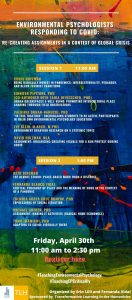
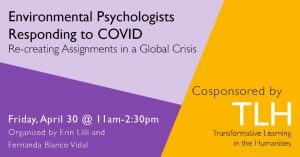
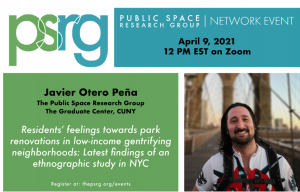
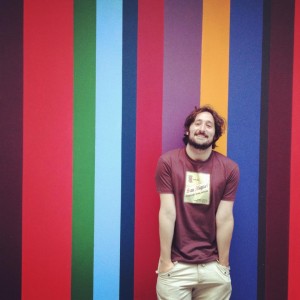
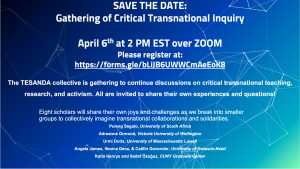
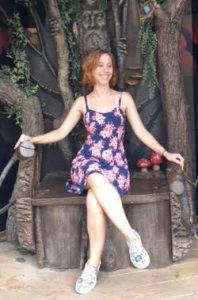
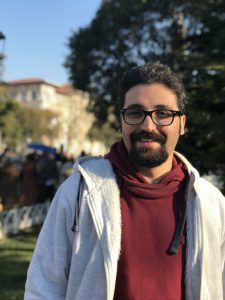
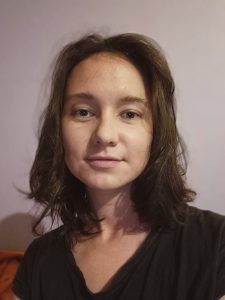
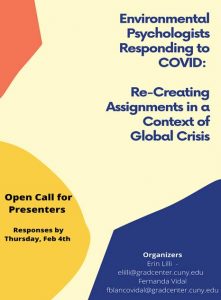
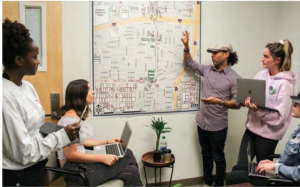
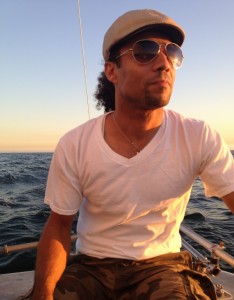
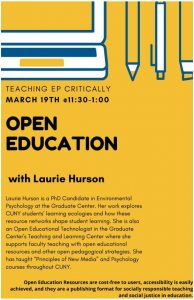
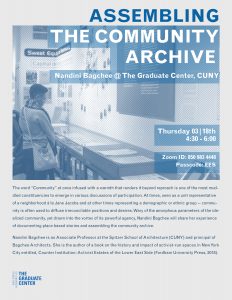
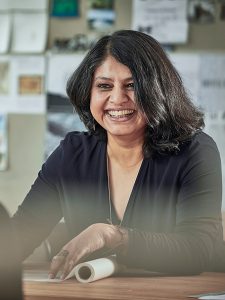
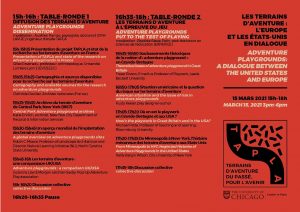
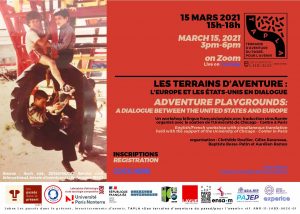
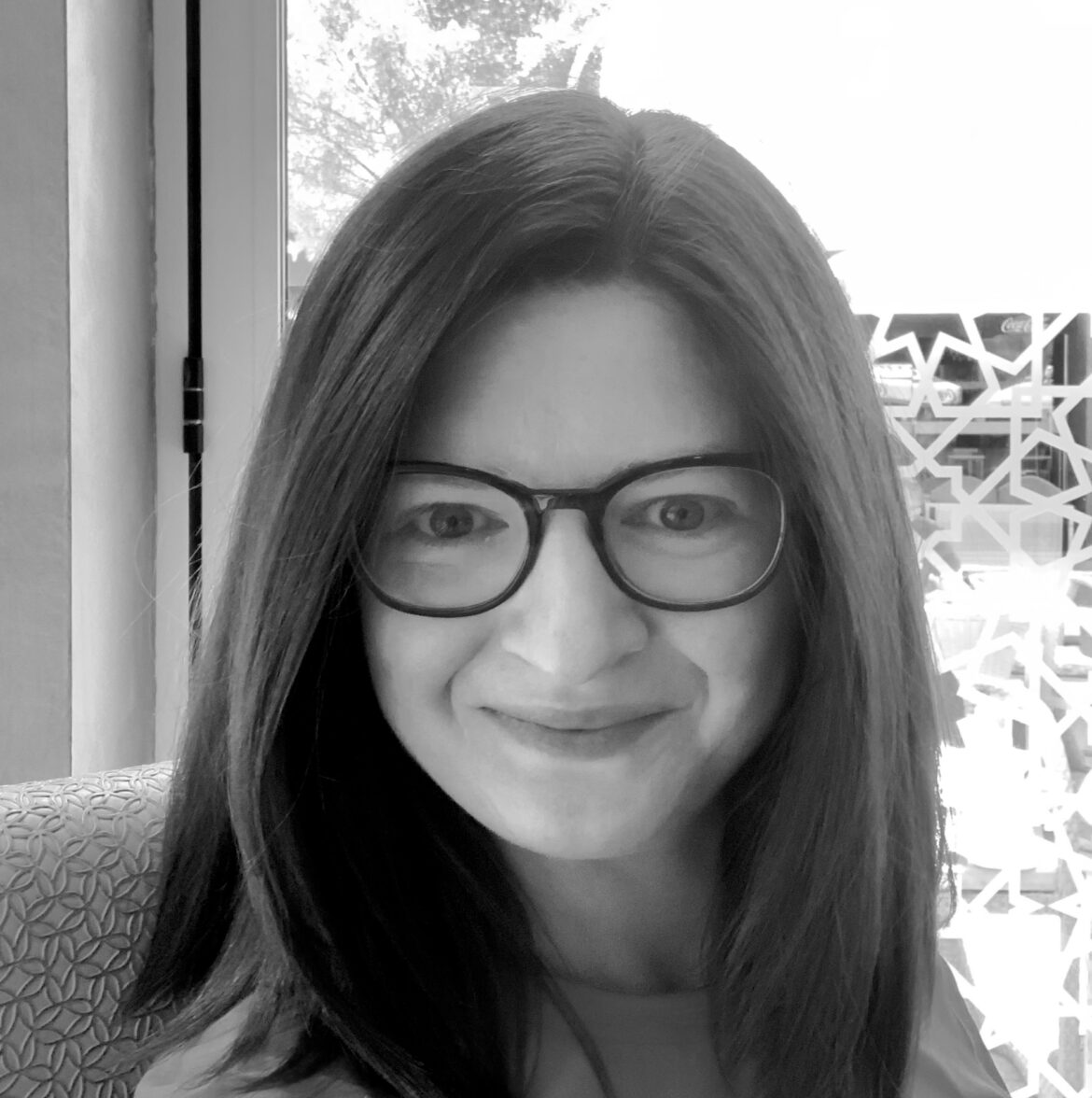 Reilly is a National Science Foundation Graduate Research Fellow and research associate at the Children’s Environments Research Group. She was awarded a Masters by Research with Distinction in Geography from the University of Leeds for her thesis, Who Owns the Playground: Space and Power at Lollard Adventure Playground (1954-1961), funded through a US-UK Fulbright Commission University of Leeds Partnership Award. She also holds an Honors B.A. in Geography from Temple University, for which she conducted funded research in Bosnia-Herzegovina on playground privatization. Currently, Reilly is conducting archive research in attempt to construct a critical history of New York City adventure playgrounds, as well as working with a collective to open a (de)construction adventure playground in Brooklyn, NY, the first of its kind in New York City in forty years.
Reilly is a National Science Foundation Graduate Research Fellow and research associate at the Children’s Environments Research Group. She was awarded a Masters by Research with Distinction in Geography from the University of Leeds for her thesis, Who Owns the Playground: Space and Power at Lollard Adventure Playground (1954-1961), funded through a US-UK Fulbright Commission University of Leeds Partnership Award. She also holds an Honors B.A. in Geography from Temple University, for which she conducted funded research in Bosnia-Herzegovina on playground privatization. Currently, Reilly is conducting archive research in attempt to construct a critical history of New York City adventure playgrounds, as well as working with a collective to open a (de)construction adventure playground in Brooklyn, NY, the first of its kind in New York City in forty years.